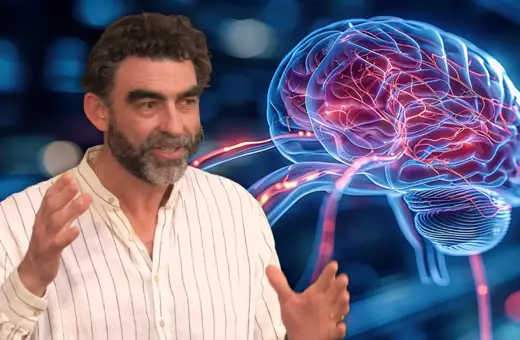We all think we can get at the truth, this objective part of the world which can always be discovered. But everything from physics, philosophy and neuroscience tells us truth is untrustworthy. Michael Unger argues that the radical programme of Richard Rorty, can give us a new way of seeing the world, Truth as Trust.
Philosophers spent the 20th century trying to find a foundation for truth. Few figures dared to challenge its very foundations. Richard Rorty stands as a bold and controversial figure who shook the theory of truth to its core. Building a framework which offers a more liberal and democratic way of seeing the world and the truths we hold. Though often denigrated as leading to relativism, Rorty's neo-pragmatism can be seen as a radical new way of engaging with the world. His philosophy offered a new philosophical paradigm and a new way of understanding the world and our role in it. I explore what his impact is and how we should incorporate it into our lives.
Imagine a world where truth is not an immutable, external reality waiting to be discovered. Picture truth as a fluid and evolving concept, shaped by our social interactions, language, and cultural practices. This is precisely the vision Richard Rorty advocated, shattering the traditional framework of absolute truth. According to Rorty, truth is not a mirror reflecting an objective reality; instead, it emerges from the collective agreements within a specific community.
Rorty's departure from traditional notions of truth challenges us to reimagine our understanding of knowledge and reality. He proposes that truth should be evaluated based on its usefulness and coherence within a particular social context, rather than its correspondence to an external, objective reality. In this perspective, truth becomes a social construct, a product of human practices and interactions.
Consider the realm of science as an example. Scientific truths are not unchanging dogmas but are subject to revision based on new evidence, theories, and paradigms. Rorty's dynamic perspective on truth allows for growth and adaptation in our scientific understanding, enabling us to evolve alongside the ever-expanding frontiers of knowledge.
___
Trust serves as the foundation upon which our shared beliefs and understandings are built.
___





















Join the conversation